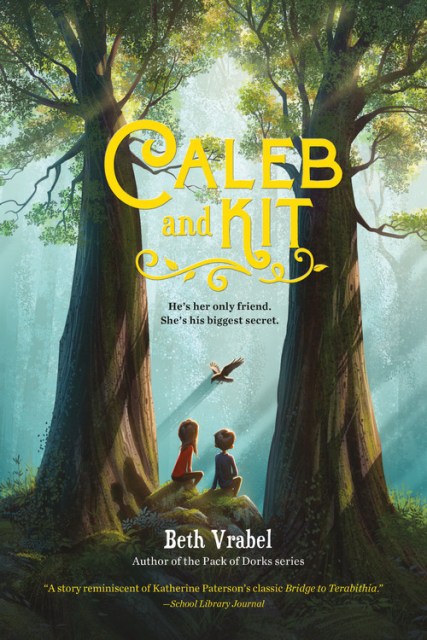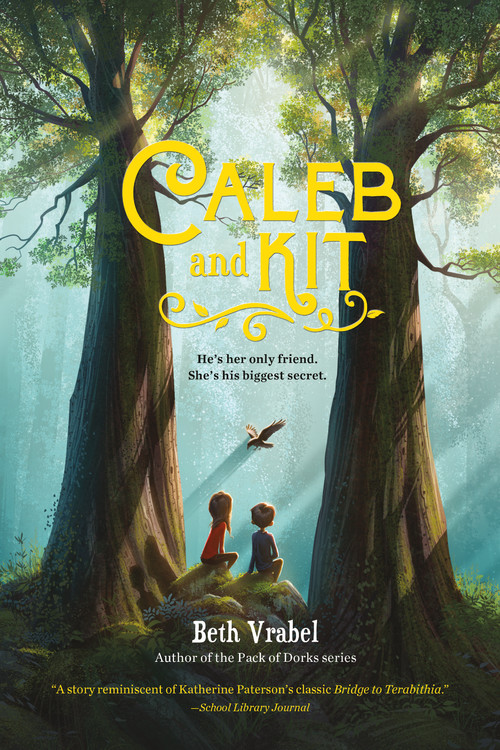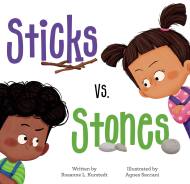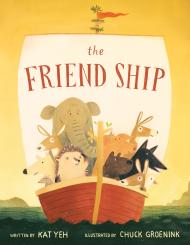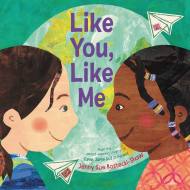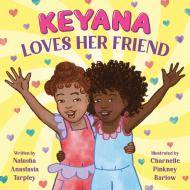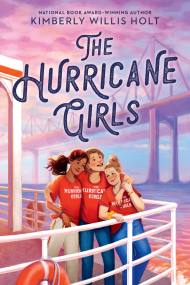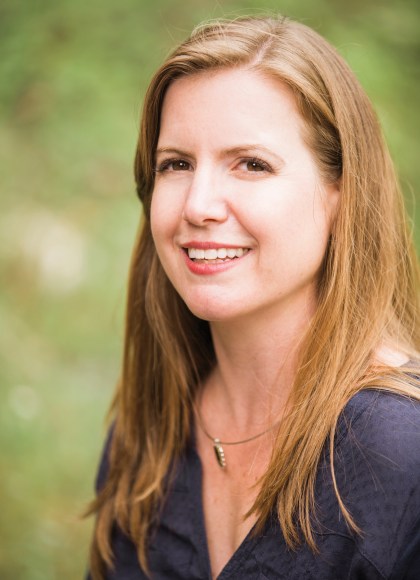Promotion
Use code MOM24 for 20% off site wide + free shipping over $45
Caleb and Kit
Contributors
By Beth Vrabel
Formats and Prices
Price
$15.99Price
$20.99 CADFormat
Format:
- Trade Paperback $15.99 $20.99 CAD
- ebook $7.99 $9.99 CAD
- Audiobook Download (Unabridged)
This item is a preorder. Your payment method will be charged immediately, and the product is expected to ship on or around July 9, 2019. This date is subject to change due to shipping delays beyond our control.
Also available from:
Twelve-year-old Caleb is shorter, frailer, and more protected than most kids his age. That’s because he has cystic fibrosis, a diagnosis meaning lungs that fill with mucus and a shortened lifespan. Caleb tries not to let his disorder define him, but it can be hard with an overprotective mom and a perfect big brother.
Then Caleb meets Kit — a vibrant, independent, and free girl — and his world changes instantly. Kit reads Caleb’s palm and tells him they are destined to become friends. She calls birds down from the sky and turns every day into an adventure. Her magic is contagious, making Caleb question the rules and order in his life. But being Kit’s friend means embracing deception and danger, and soon Caleb will have to decide if his friendship with Kit is really what’s best for him — or her.
Genre:
-
- Bank Street Best Children's Books of the Year (2018)
- A VOYA Top Shelf Fiction for Middle School Readers 2017 Selection
- Diverse Books Club pick (February 2018)
-
"A realistic story with strong, recognizable characters that doesn't reduce cystic fibrosis to a tragedy."--Kirkus Reviews
-
"Filled with smart, witty, and magical writing, Kit and Caleb, and those around them, come to vibrant life in this heartbreaking story about the ties that bring people together, and the difficulties of facing the truth."--Booklist
-
"Vrabel weaves all these elements into a story reminiscent of Katherine Paterson's classic Bridge to Terabithia that highlights day-to-day life with a common but devastating disease. Hand to readers looking for a novel about both the magic and the pain of friendship. "--School Library Journal
-
"A compelling story of two struggling kids making their own safe haven."--Bulletin of the Center for Children's Books
-
"A can't-put-it-down tale. Caleb's discoveries about his own strength and resilience during his friendship with free-spirited, imaginative Kit will expand your heart and fill your soul. From the beautiful cover to the last sentence, this book is a favorite to savor and share."--Bibi Belford, author of Canned and Crushed
-
"Having a disability myself, my heart broke for Caleb who wants nothing more than to feel like a normal twelve-year-old kid - at any cost. Caleb and Kit will forever be entwined, the roots of their friendship solid, rich, and strong, just like this beautiful story."--Kerry O'Malley Cerra, author of Just a Drop of Water
-
"In the midst of Kit's self-constructed fantasy world, Caleb's heroism is the real deal. He's determined, courageous, and witty despite his unusual physical challenges. Beth Vrabel doesn't shy away from the tough stuff that can complicate the lives of tweens. Readers young and old will find this a unique novel well-deserving of a permanent place on the family bookshelf."--Melissa Hart, author of Avenging the Owl
- On Sale
- Jul 9, 2019
- Page Count
- 272 pages
- Publisher
- Running Press Kids
- ISBN-13
- 9780762494057
Newsletter Signup
By clicking ‘Sign Up,’ I acknowledge that I have read and agree to Hachette Book Group’s Privacy Policy and Terms of Use
